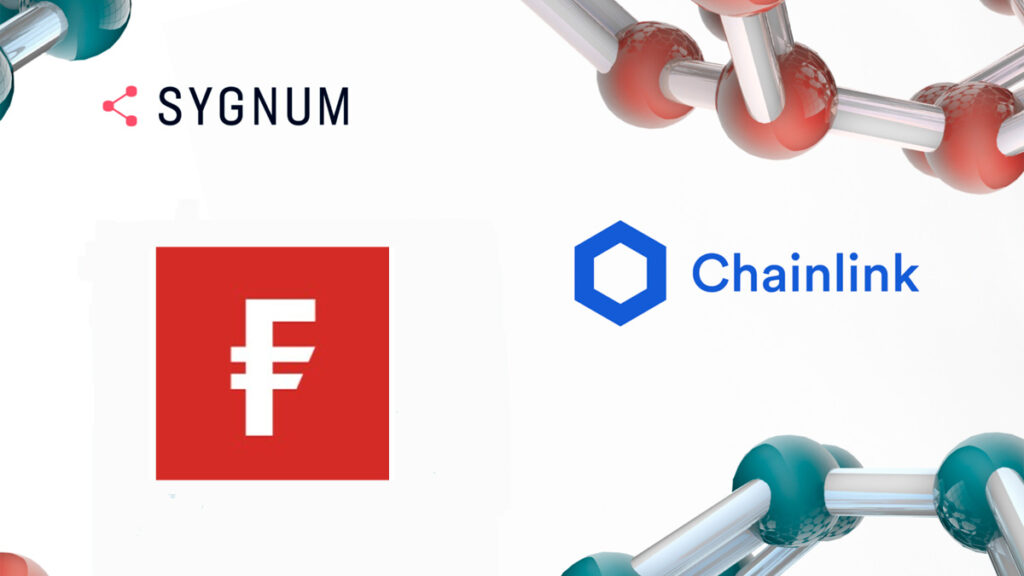TL;DR
- Strategic Partnership: Chainlink collaborates with Fidelity and Sygnum to tokenize a $6.9B fund, aiming to provide real-time net asset value (NAV) data on the blockchain for enhanced accessibility and efficiency.
- NAV Data Initiative: The initiative will allow secure storage and synchronization of historical NAV data on the ZKsync blockchain, transforming fund management practices with continuous updates.
- Tokenization Trend: The increasing trend of fund tokenization is highlighted, with the expectation that it will become the norm in asset management, as evidenced by the DTCC Smart NAV pilot project involving major industry players.
Chainlink, the decentralized blockchain oracle network built on Ethereum, has forged a strategic partnership with investment management firm Fidelity International and digital asset bank Sygnum. The primary objective of this partnership is to enhance accessibility for net asset value (NAV) data in tokenized assets.
The NAV data initiative, as outlined in a press release published on July 3, promises significant benefits. It will grant “access to historical data for Sygnum, its clients, and broader market participants.” This data will be securely stored and synchronized on the ZKsync blockchain, ensuring both safety and efficiency.
The collaboration will enable real-time, on-chain access to the NAV of Fidelity’s $6 billion Institutional Liquidity Fund. Fidelity’s Institutional Liquidity Fund offers a range of sub-funds tailored for institutional investors, with a focus on money markets.
NAV, a crucial financial measure, determines the fund’s asset value minus its liabilities divided by the outstanding shares. Typically, NAV data for mutual funds is updated daily after trading. This integration will offer continuous real-time updates, transforming fund management practices.
Sergey Nazarov, one of the minds behind Chainlink, acknowledges the rise of fund tokenization as a key trend in the world of digital assets. The increasing involvement of asset management giants on a global scale highlights the importance of this growing market. Nazarov foresees a future where tokenization will be the norm in the asset management sector.
Chainlink’s DTCC Smart NAV Pilot: A Prelude to the Future

The partnership comes after the successful trial of the Depository Trust and Clearing Corporation (DTCC) Smart NAV industry pilot in May. By utilizing Chainlink’s Cross-Chain Interoperability Protocol (CCIP), the project sought to incorporate fund NAV information onto a blockchain.
The proof of concept involved collaboration with Chainlink Labs, asset managers, fund administrators, and custodians. Notably, ten major participants, including American Century Investments and JPMorgan, actively participated in the trial.
Customers had the option to access NAV data in three different ways: via an API, a single fund consumer smart contract, or a bulk consumer smart contract that updated price and rate data for multiple funds. This system made it easier to obtain real-time data and automate processes, resulting in major improvements in data management and operational efficiency.
The DTCC highlighted potential applications for Smart NAV, including disseminating key reference data, automating portfolio rebalancing workflows, and conducting further blockchain integration experiments.
Tokenization initiatives are growing, leading to an increased need for on-chain NAV data, which will enhance transparency and efficiency in the financial world. Experts in the field are keeping a close eye on these advancements, acknowledging the positive impact they could have on institutional investment approaches.










